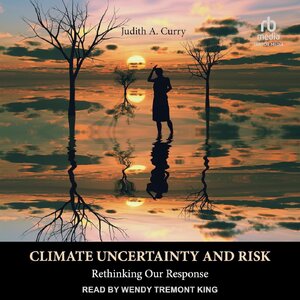Jamie H
EF3
Jaime, thank you for your post. You make a number of good points.
Now, a favor: what do you think of my NWS/NOAA proposal ( To President-Elect Trump: Recommendations for NOAA and the National Weather Service )? And, for those who agree with my suggestions, can you forward them to state or federal officials you may know?
Thanks Mike. It's just, having seen political creep into non-political institutions over here, and being quite a fan of the amount of free weather data in the US, I really would hate to see those departments being forced into decision making based upon populist political movements.
Regarding your post, here are some thoughts:
- it didn't seem to make sense that NOAA was the one behind the report into radar gaps, because it either says "we need more" which is an admission that current data isn't enough, or says "we're okay" which doesn't seem true.
- disagree with your assertion that there's global warming propoganda
- found the Roger Pielke Jr. paper interesting (I'll admit I have had to start skim reading because I am at work!) but from what I can gather, the main complaint is there's no evidence of the data used? Which makes sense in isolation.
My concern then comes from drawing a line between this lack of transparancy and 'climate alarm' because we know climate *is* changing, rapidly, and because of how we use resources. That could well mean you are technically correct in calling it propoganda, but I would be less comfortable with linking that to the whole thing being a lie (not that I am saying you claimed this at all! More that commentors on Pielke's paper seemed to think it confirmed it's all a hoax).
It makes perfect sense that there should be no political influcence on any of this, whether that is overstating the cost of natural disasters, or whether it is still trying to muddy the waters of our affect on climate change. But perhaps these days that's a pipe dream!


